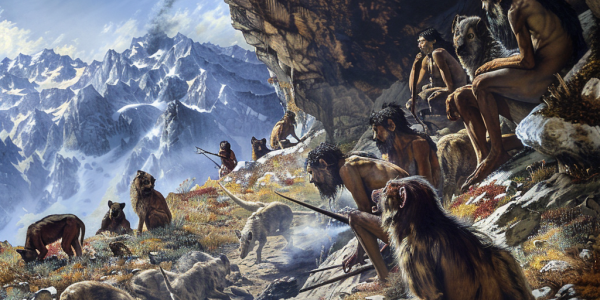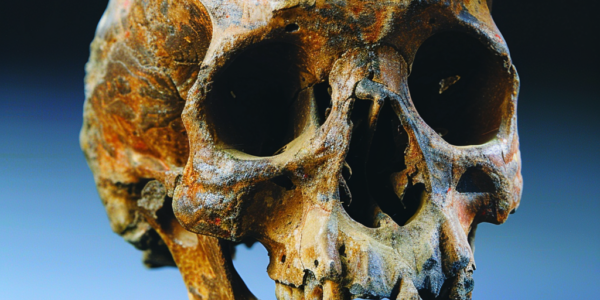Groundbreaking Research Reveals Complex Interactions Between Modern Humans and Neanderthals
Recent genetic research reveals significant intermingling between early humans and Neanderthals, challenging long-held perceptions of these ancient groups. Led by Joshua Akey from Princeton University, the study highlights complex interactions and shared traits, suggesting Neanderthals were not merely primitive but possessed advanced skills and social behaviors. This groundbreaking work redefines our understanding of human evolution, emphasizing the interconnectedness of our ancestry.
New Study Reveals Denisovans’ Survival Strategies in Harsh Environments
Recent archaeological findings reveal the remarkable survival strategies of Denisovans, ancient humans who thrived in harsh environments by hunting various animals on the Tibetan plateau for over 100,000 years. A new study published in Nature identified a new Denisovan individual through protein signatures found in a cave in China, expanding the known range of their habitation beyond Siberia. The discovery highlights the resilience and resourcefulness of Denisovans in adapting to challenging environments.
Breakthrough in Understanding the Denisovans: Link to Homo Longi
Scientists have made a significant breakthrough in understanding the mysterious Denisovans, an ancient human group that has long puzzled researchers. A recent discovery has shed light on the potential identity of the Denisovans, linking them to Homo longi, also known as ‘Dragon man,’ whose fossil was found in Harbin, northeast China. This breakthrough represents a significant advancement in the study of Denisovans, offering a potential glimpse into their appearance and lifestyle.



